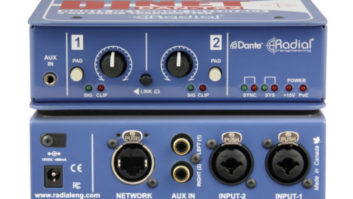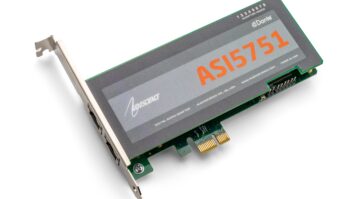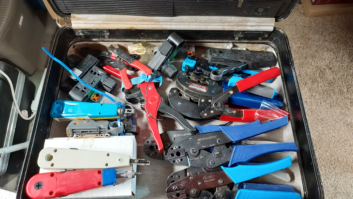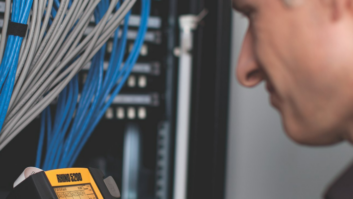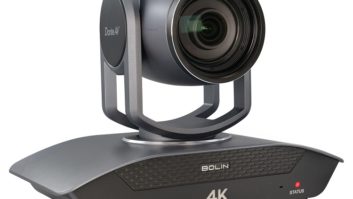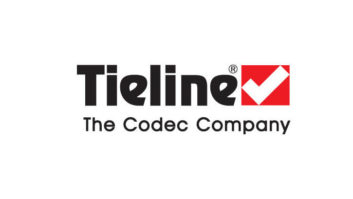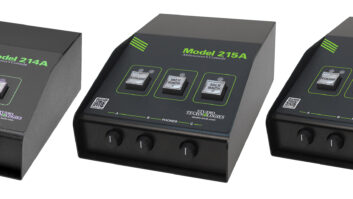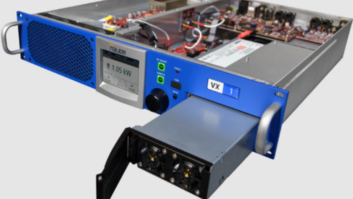In radio broadcasting, we have a few choices for the implementation of AoIP.

Telos’ Axia and Wheatstone’s Wheatnet are the predominate technologies. For complete broadcast solutions, these are the way to go.
But if you are a smaller broadcaster looking to implement AoIP or to eliminate analog cabling from your facility without spending a fortune, Dante AoIP from Audinate is something to consider.
Dante is only an audio path replacement. Broadcast AoIP packages include consoles, GPIO and scripting ability. Dante does not include any of these features.
THE ADVANTAGES
Where Dante shines is in cost and implementations.
A typical AoIP computer workstation audio driver from Telos or Wheatstone costs in the hundreds of dollars; the Dante equivalent costs about $30.
Both Axia and Wheatnet have IP driver pricing model charges based on the number of channels. Dante changes one flat rate for up to 64 channels of audio.
Full broadcast AoIP implantations require high-end network switches for operation, whereas Dante can run on less expensive network switches.
Dante AoIP is mostly unicast, with multicast available as needed. In a nutshell, unicast networking is a one-to-one network connection, and multicast networking is a one-to-many network connection. Multicast utilizes increased network resources and bandwidth to operate.
Dante keeps all networked audio unicast, unless the audio is set to go from one source to many destinations. This keeps the network utilization low and allows Dante to coexist with other network traffic. This also keeps cost down, since you can implement Dante on your current network infrastructure. It is not recommended to do so, but it can be done reliably.
ANALOG BREAKOUT
Since Dante is a computerized AoIP environment, breaking out analog audio can be quite expensive. This is where the cost starts adding up in a Dante AoIP implementation. As of this writing, there are hundreds of devices from major manufacturers that can be used to accomplish this task.
For example, Arrakis makes the Simple IP breakout box that will allow eight channels of analog audio to be brought out or into the Dante AoIP network. This is the least expensive solution, and it is priced right around $1,000.
Dante Via from Audinate is a software package that installs on a Windows workstation, allowing any audio source installed in the workstation to be available on the Dante network. The software is available for approximately $60. It will also allow any program that is sending audio, such as Media Player and Web Browsers, to be available on the Dante Network.
An example: I bought a Digigram VX882HR PCI-X audio card, which has eight analog inputs and eight analog outputs. I placed this card in a HP XW8400 workstation running Windows 7, and thereafter all eight of my inputs and outputs were made available to the Dante network (after installing Dante Via). For the price of the card, workstation and Dante Via, I now have an eight-in and eight-out analog breakout for my Dante network. The total cost for this setup was around $500.
Dante is extremely sensitive to clocking. It uses the PTP protocol, and as such, requires a reliable clock source on the Dante network; without that audio will drop out, stutter and disappear from the controller.
The Digigram VX882HR audio interface card I just mentioned has a word clock interface but will also self-clock internally; I set up the Dante network to self-clock with the Digigram card and have experienced no problems. That being said, while the Dante network can run self-clocked from good hardware, I recommend an external word clock to ensure reliability.
Dante is a great tool to add to your toolbox. It is easy to implement and operate. And like other AoIP implementations, it provides great remote access, allowing engineers to manage studios from afar. Audio can be re-routed and assigned remotely by use of the Dante controller, a software utility that runs the Dante Network.
AoIP is here to stay in today’s broadcast studio environment, and Dante provides a low-cost solution that can help even the smallest broadcaster take advantage of networked audio.
Cottingham is a former radio chief engineer, now working in streaming media.





